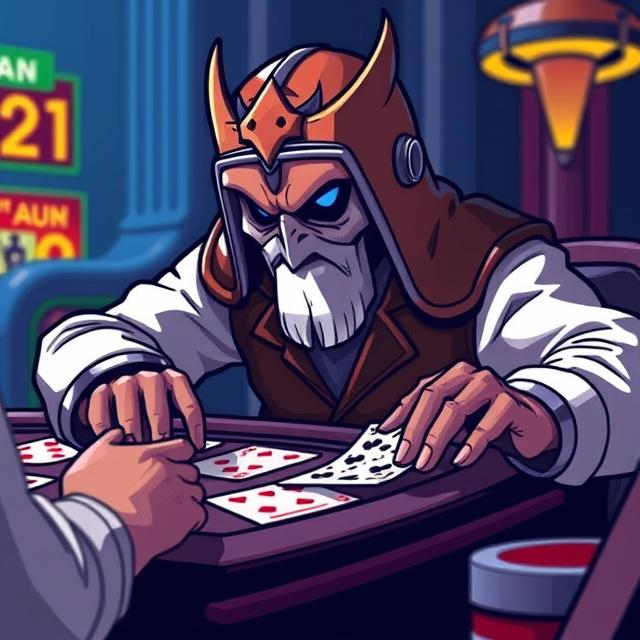Random Number Generators (RNGs) are a core mechanic in many card games, including popular titles like Hearthstone, Magic: The Gathering Arena, and Legends of Runeterra. RNGs are used to introduce an element of chance into the game, ensuring that no two matches are the same. However, RNG also plays a significant role in shaping the player experience—both positively and negatively. In this article, we’ll explore how RNG influences the player experience in card games.
1. Adding Variety and Excitement
RNG is primarily used in card games to add an element of unpredictability, which helps keep matches fresh and exciting.
- Unpredictable Outcomes: The randomness of RNG ensures that each match is different, even if the players use the same deck. In Hearthstone, for instance, the card draws are random, meaning that no two games will ever be exactly the same. This unpredictability adds a layer of excitement, as players cannot always rely on the same strategies.
- Surprise Moments: RNG can lead to surprising and memorable moments in card games. A lucky draw or an unexpected critical play can turn the tide of a game, leading to thrilling victories or crushing defeats. These moments of chance often contribute to the enjoyment and appeal of card games, making every match feel unique.
2. Strategic Decision-Making
While RNG adds unpredictability, it also forces players to make decisions based on the cards they have at hand. This dynamic element of strategy is a key feature of card games.
- Deck Building and Strategy: Players can mitigate the effects of RNG by building decks that optimize their chances of drawing the right cards. In Magic: The Gathering, for example, players can design decks that rely on drawing specific types of cards, such as creatures or spells. By carefully considering the synergy between cards, players can reduce the randomness and increase their chances of success.
- Risk and Reward: RNG introduces an element of risk and reward into gameplay. Players must decide when to take risks based on the cards available to them, adding a layer of depth to strategic decision-making. For example, in Hearthstone, players may gamble on a powerful card ability that has a random outcome, weighing the potential rewards against the risk of failure.
3. Player Frustration and RNG Manipulation
While RNG can add excitement, it can also lead to frustration when it feels unfair or disproportionately influential on the outcome of a match.
- Luck vs. Skill: One of the biggest complaints about RNG in card games is that it can make matches feel like they’re decided by luck rather than skill. When a player loses because they didn’t draw the right cards or their opponent gets an unlikely lucky outcome, it can be disheartening. This issue is especially prevalent in competitive card games where skill is expected to be the determining factor.
- RNG Manipulation: Some players feel that RNG mechanics can be manipulated or rigged, which can further fuel frustration. For example, certain mechanics may seem to favor one player over another in an unfair way, especially when luck feels like it plays too large a role in the game’s outcome. Developers must ensure that RNG mechanics are balanced and not too detrimental to the player experience.
4. Balancing RNG with Player Agency
Developers of card games must strike a balance between RNG and player agency to ensure that games are both fair and engaging.
- Transparent RNG Mechanics: To avoid frustration, game developers often make the mechanics of RNG more transparent. By providing players with an understanding of how RNG works—such as the probabilities of certain cards being drawn—players can feel more in control of their destiny.
- Consistency in RNG: Consistency in how RNG is implemented is another important factor. Players are more likely to accept randomness if they understand that it’s part of the game’s design and that the system is not biased. Ensuring that RNG is used to enhance gameplay rather than undermine it is key to keeping players satisfied.
In conclusion, RNG is a powerful tool in card games that can enhance excitement, encourage strategic thinking, and provide memorable moments. However, it must be carefully balanced to avoid frustration and maintain fairness. When used effectively, RNG can create a dynamic and engaging player experience.


